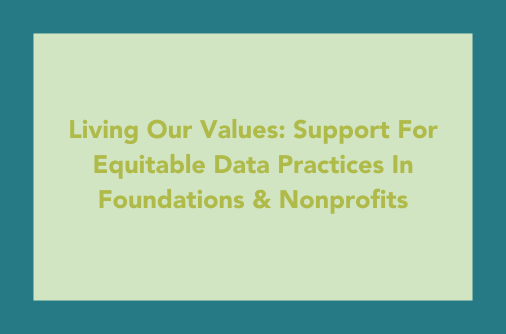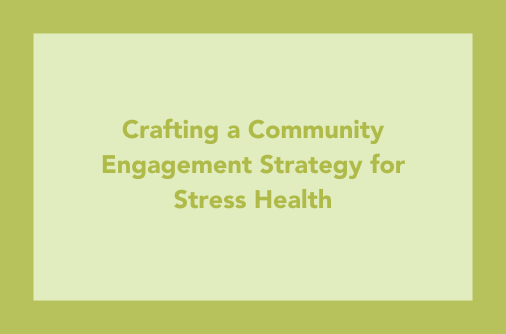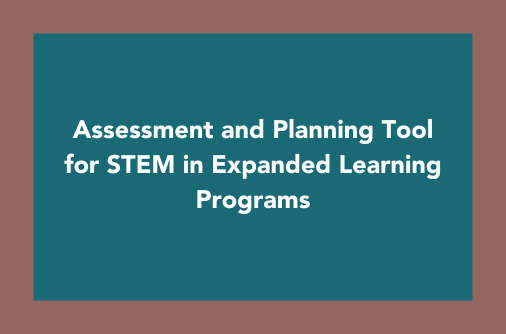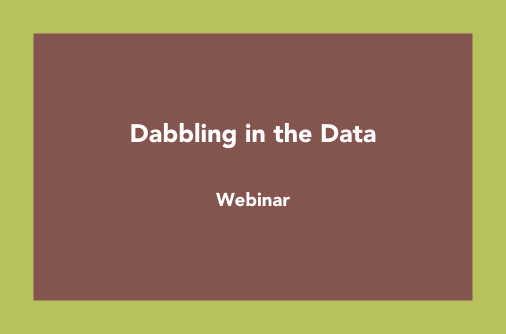
Ready to drive Results in Your Organization?
We would love to help. Book a free consultation with the Public Profit.
EVALUATION

The Walton Family Foundation is a family-led foundation that tackles tough social and environmental problems with urgency and a long-term approach to create access to opportunity for people and communities.
Three generations of the descendants work together to lead the foundation and create access to opportunity for people and communities. WFF’s focus is in three areas:
What impact did WFF’s relief fund have on the community, and on grantee organizations? What went well? What could have been better?
In March 2020, the Walton Family Foundation established an emergency grant fund to quickly deploy resources to grantees and communities in response to the significant and evolving effects of the COVID19 pandemic. The $35 million fund was designed to support organizations across all three of WFF’s Program Areas (Education, Environment, and Home Region).
For the foundation, the distribution of $35 million in emergency grants posed some unique challenges. The foundation has provided emergency grants in the past following catastrophic events like hurricanes, but the scale of this emergency required them to adapt their grantmaking strategy.
Public Profit engaged with WFF’s Strategy, Learning, and Evaluation Department (SLED) to conduct a retrospective evaluation to learn more about the experience of the emergency grantmaking process and the impact of the COVID Relief Fund grants on grantees and communities.
Conduct a retrospective evaluation to draw conclusions on the experience and impact
Data sources used for the evaluation include:
• COVID Relief Fund strategy documents
• Focus groups and interviews with Walton Family Foundation staff
• Interviews with select grantees, including nine in Education, four in Home Region, and three in Environment
• Grant documents including original performance measures and final reports
• Grantee survey
Palpable community impact and increased understanding of grantee needs during an unprecedented global crisis
The evaluation concluded that the COVID relief fund met its most important goal – delivering significant support to people and communities in a timely fashion.
Not only did relief grants enable grantees to continue their missions during the early months of the pandemic by being responsive to immediate challenges, they also created ripple effects as organizations adapted and innovated by applying a strategic lens around long-term resilience.
The COVID-19 relief fund was an opportunity for WFF to try different giving tactics and gain important new insights about their work, including how to better leverage polarities in service of social and environmental impact.
We would love to help. Book a free consultation with the Public Profit.





